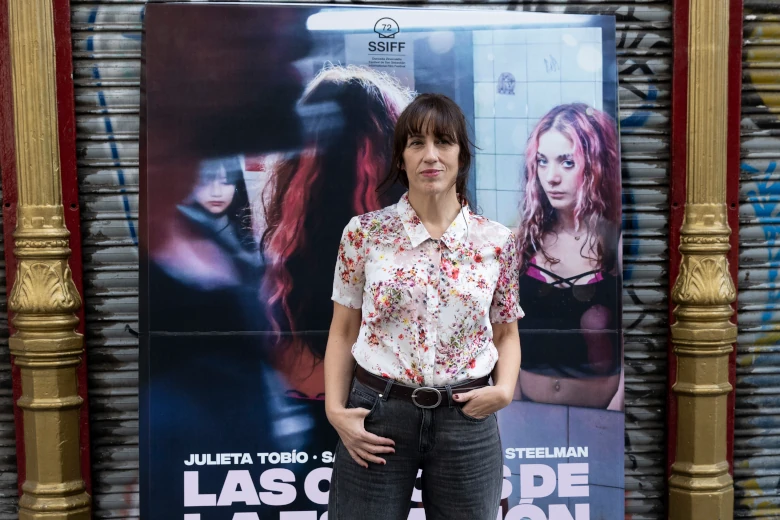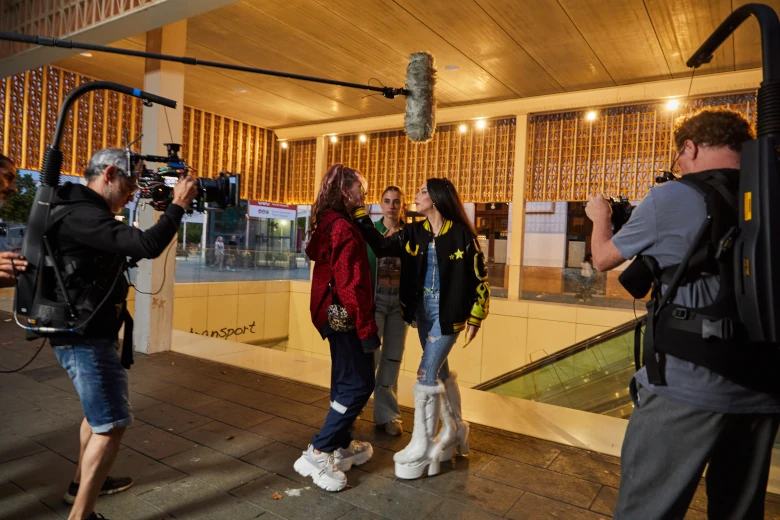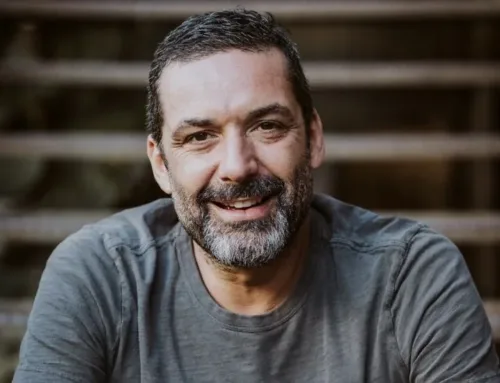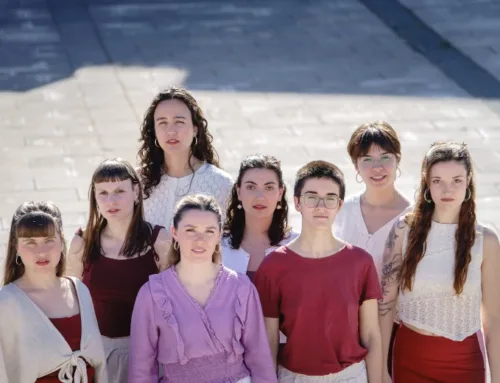In December 2019 a 13-year-old girl was raped by a group of several young men in the neighborhood of Corea, in Palma. The complaint led to the investigation of a prostitution ring operating within centers for minors under the tutelage of the Balearic government, revealing a system of abuse and exploitation involving vulnerable minors, many from broken homes.

The director of the film Las chicas de la estación, Juana Macías. Foto: Nacho López.
This event becomes the core of Las chicas de la estación, the new film directed by Juana Macías, that addresses the tragedy through the story of three young girls “What left me perplexed was to discover that this was not an isolated case, but a widespread reality that was already accepted, without any efforts to prevent it,” Macías explains.
After the initial shock, her curiosity drove her to explore more about the victims and their circumstances. “I wondered who these girls were, what their daily lives were like. I wanted to understand the roots of what was happening and then came the pandemic, which allowed me to dedicate myself to the idea of making a film,” says Macías.
Research for the film Las chicas de la estación

Moment of the recording at Palma Intermodal Station. Foto: Julio Feroz
Macías, together with screenwriter Isa Sánchez, embarked on an exhaustive investigation. They understood that addressing such a delicate topic required a deep and nuanced understanding of the reality faced by minors in care facilities. “It’s very easy to fall into stereotypes; we wanted to get close to the girls and tell their story from their perspective, without spectacularizing, without seeking morbidity,”says Macías. “The fundamental thing is for the audience to understand that these girls are not there because they choose to be, but because they have been dragged there by a system that has left them unprotected,” she adds.
For the shooting, Juana Macías was clear that she wanted to film in the real locations where the events took place. “The bus station is the one in Palma, and we also shot in the neighborhood of Corea. This generated great expectation, because not only were we portraying very serious events, we were also addressing a highly politicized issue, where the focus was on assigning blame rather than finding solutions“, explains the director.
Natural casting
One of the most important decisions in the process of the film Las chicas de la estación was the casting. Macías and his team decided to look for young people who would reflect as closely as possible the reality of the girls who star in the film. “The casting was long. We had to hold open auditions in juvenile centers, high schools and social networks, looking for a naturalness that was credible,” she stresses.
The work with the actresses was intense and different from what Macias had done in previous projects. “It was not only important for them to adapt to the script, but they had to bring something of themselves,” says. This approach involved a much more organic and personal process: “I was looking for their energy as people to connect with that of the character,” she adds.

Director Juana Macías on the set, with stars Julieta Tobío, Salua Hadra and María Steelman. Foto: Anya Bartels-Suermondt.
On the other hand, Macías’ true purpose goes beyond telling a striking story. Las chicas de la estación seeks not only to move, but to mobilize. “What I would like is that, at the end of the film, people ask themselves: “What can I do to ensure this never happens again?” the director expresses. With this message, Macías transforms her work into a call for reflection, inviting viewers to question the reality she presents and, above all, not to look the other way.








Leave A Comment